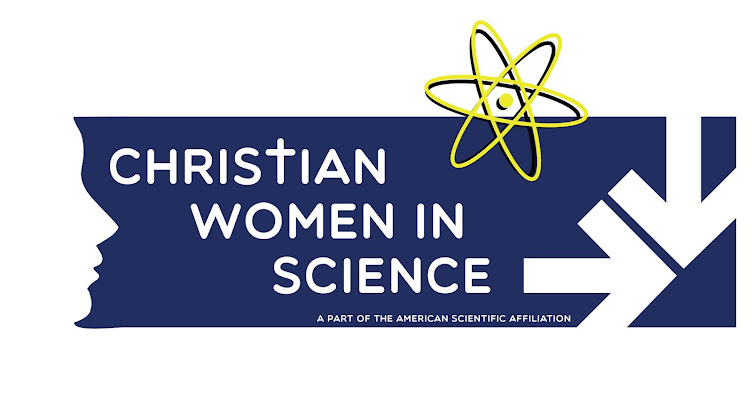Dr. Nola Stephens
Professor of Linguistics at Covenant College
Savannah Medlin, Grade 8
Dr. Nola Stephens works in the field of Applied Linguistics. Her doctoral dissertation at Stanford University was on how preschool children put their sentences together.
Before coming to Covenant College in Georgia, Dr. Stephens, was a visiting assistant professor at Pennsylvania State University and worked as a research assistant at Indiana University, Stanford, and the University of California. She has been involved in various mentoring programs at Stanford and Penn State, and volunteered as a teacher of English as a second language.
As a child Nola loved language and wanted to learn phonetics. She enjoyed changing her accent when she spoke. Eventually she lost interest in changing her accent, but she never lost the interest in language.
In her professional life, she has been influenced by two of her undergraduate professors: Natsuko Tsujimura and Daniel Dinnsen, and her doctoral adviser, Eve Clark.
Dr. Stephens has received numerous awards and recognitions, including the Rie Weiland Travel Grant, the Paula Menyuk BUCLD Travel Award, and the IASCL Conference Award. Her contribution to applied linguistics is acknowleged by Frank Liedtke, the editor of Beyond Words: Content, Context and Inference.
Dr. Stephens was raised in a Christian home and she doesn’t remember a time when she didn’t know about Jesus and his love for her. She was baptized in the Southern Baptist Church when she was 7. She says, “God has been faithful to preserve my faith and help me grow in my understanding of who He is.”
Here is a podcast in which Dr. Stephens speaks about language and faith. In the beginning was the Word - The Word became flesh and dwelt among us..." She expresses her enthusiasm about her discipline: "a linguist gets to study how words work."
Dr. Stephens is the daughter of Dr. Vickie Shamp Ellis, Professor of Communication Arts and the Division of Communication Arts Chair at Oklahoma Baptist University.
Linguistic Sciences
Linguistics is the scientific study of language and its structure. Some branches of linguistics include:
Applied linguistics is the systematic study of language structure, how children acquire a language, how subsequent languages are acquired, the role of language in communication, and the status of language as the product of particular cultures and social groups.
Computational linguistics is a discipline between linguistics and computer science which is concerned with the computational aspects of the human language faculty. It overlaps with the field of artificial intelligence (AI), a branch of computer science.
Dialectology is the study of the way sounds, words and grammatical forms vary within a language.
Historical-comparative linguistics is a branch of historical linguistics that is concerned with comparing languages in order to establish their historical relatedness.
Psycholinguistics is the study of the psychological and neurobiological factors that enable humans to acquire, use, and understand language.
Sociolinguistics is the study of how language serves and is shaped by the social nature of human beings in their communities.


No comments:
Post a Comment